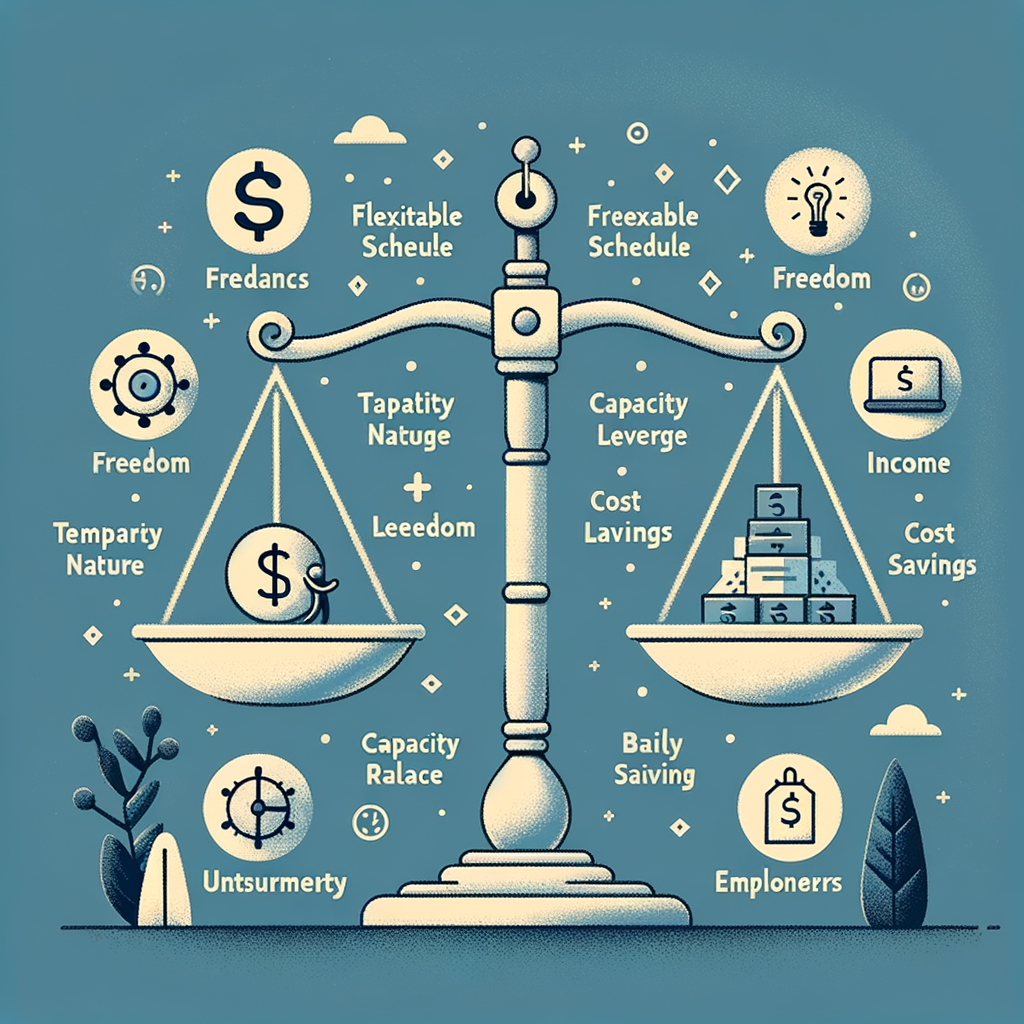What Is Contract Work and How Does It Operate?
Contract work is a type of employment where an individual is hired for a clearly defined period or a specific project, rather than being tied to ongoing, indefinite employment. This model has gained popularity among both businesses and professionals, as it offers targeted expertise and allows for agility in workforce management. For example, a company might hire a software developer on a six-month contract to build a new application, or engage a marketing consultant for a seasonal campaign. Payment terms are usually agreed upon in advance, with compensation based on milestones, project completion, or hourly rates. For freelancers, this structure means more control over their schedules and the ability to choose projects matching their skills. Employers, on the other hand, benefit from reduced long-term commitments and quick access to specialized talent, making contract work a practical solution in today’s fast-moving business environment.

Key Benefits of Contract Work for Freelancers and Employers
- Flexibility allows freelancers to choose projects, while employers scale teams up or down as needed.
- Cost savings occur since employers avoid expenses like benefits and long-term commitments.
- Access to specialized skills helps companies complete unique projects efficiently.
When and Why Contract Work Is Used by Businesses and Freelancers
Contract work is typically chosen in situations where flexibility, project-based outcomes, or short-term commitments are essential for success. For instance, startups often bring in contract graphic designers for branding launches, or tech companies might hire cybersecurity consultants to address specific threats. This approach allows organizations to quickly adapt to changing market demands without the overhead of permanent hires. For freelancers, contract roles not only open doors to work with different clients and industries but also allow the development of highly specialized skills with each project. Industries like IT, marketing, and creative services frequently rely on contract professionals to fill talent gaps or meet seasonal demand. Ultimately, contract work empowers both sides to address unique business challenges cost-effectively and with expert precision.
Frequently Asked Questions
What are common industries for contract work?
Many contract jobs are found in IT, marketing, and creative fields, where businesses need specialized project skills for short-term needs.
Is contract work stable for freelancers?
While income can be variable,
successful freelancers often build steady work by networking and maintaining strong client relationships.